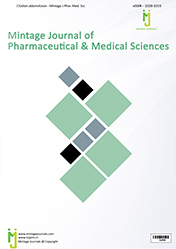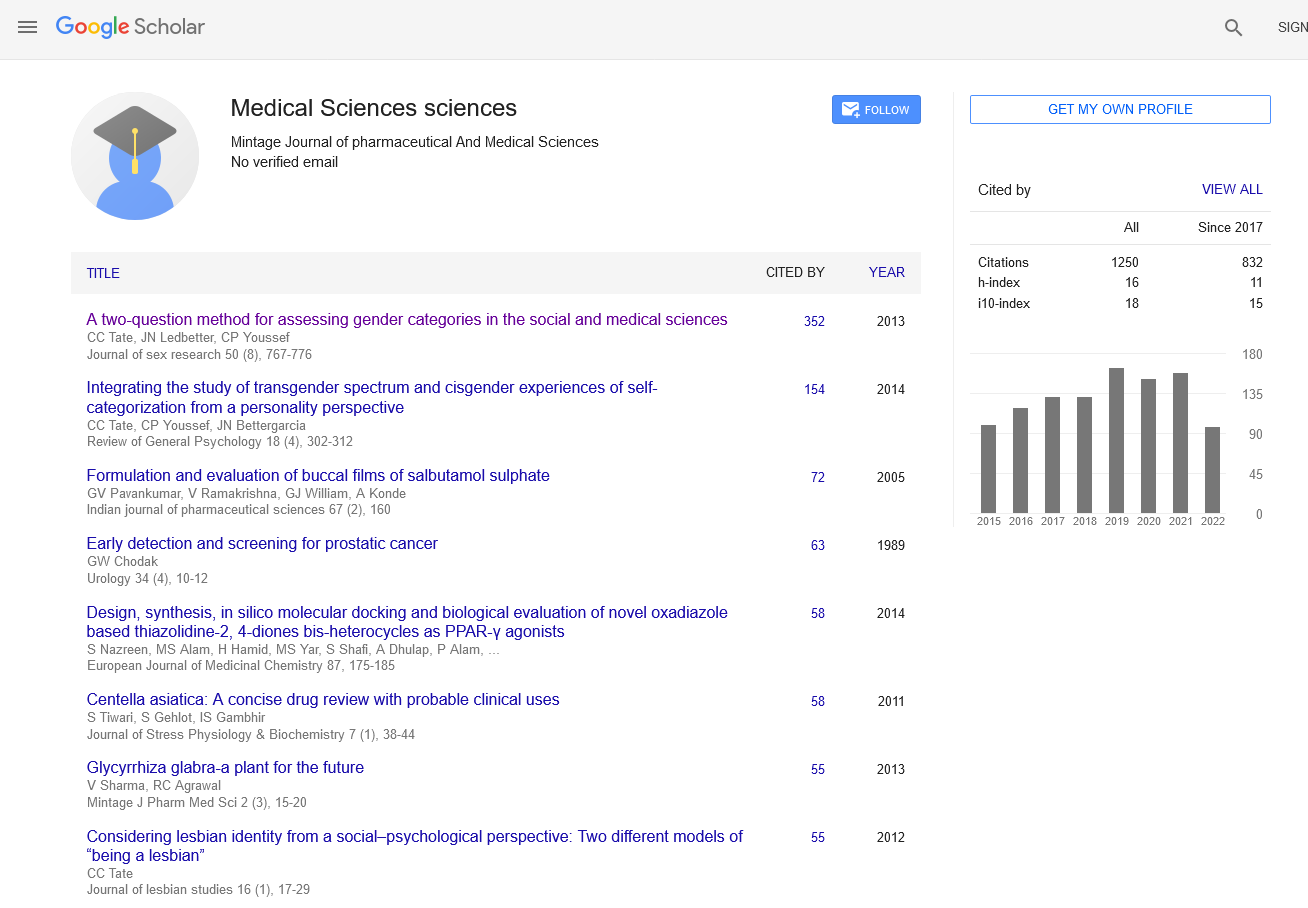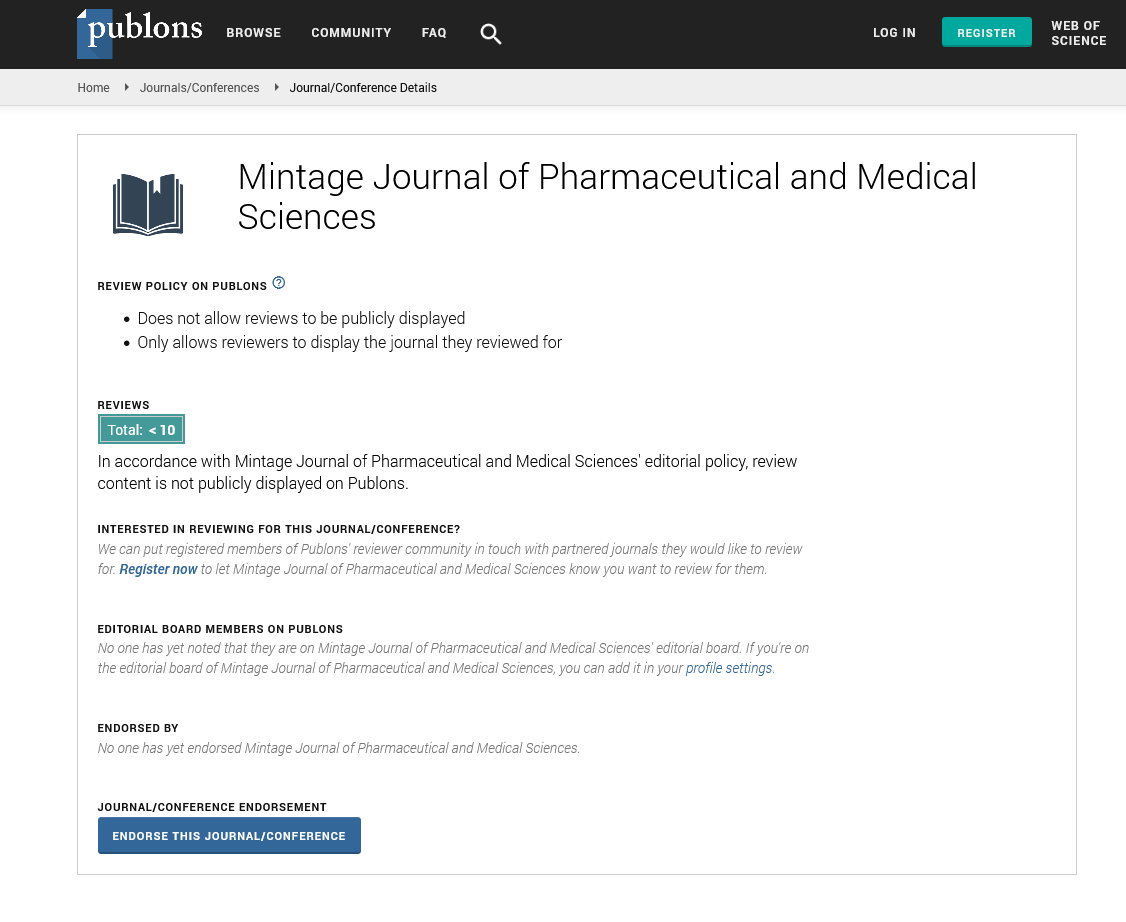Abstract
EVALUATION OF MINERAL COMPOSITION OF Anthyllis sericeaFOR GRAZING RUMINANTS IN TUNISIA
Author(s): SELMI AYET *, FERCHICHI ALI
Objective:The study was aimed to dertemine the mineral nutritive potentiel of Anthyllis sericea in arid pasture in the south of Tunisia. This native plant was used for cattle feeding and as a helminthagogue for sheep. Method:An experiment, using wet nitric Acid (HNO 3) digestion followed by an atomic absorption spectroscopy (AAS), was carried out to mesure the levels of mineral elements in the leaves of Anthyllis forage. Results:the results showed that Anthyllissericea had a higher contents in Ca, K, Mg and Na necessary for the ruminants. The grazed forage had a lower content of microminerals. The forage had lower concentrations of Zn than the recommended requirements for animal nutrition. Also, the resultsof vitamin analysis showed the presence of the vitamin A, vitamin C and vitamin E in the leaves. Conclusion :we conclude that this shurb has been found to contain some nutrients and this supports its ethno-medicinal uses and therefore makes it a good sourceof nutrients in livestock nutrition in ruminants fed on the pasture in south of Tunisia.

ISSN: 2320-3315
ICV :81.58

